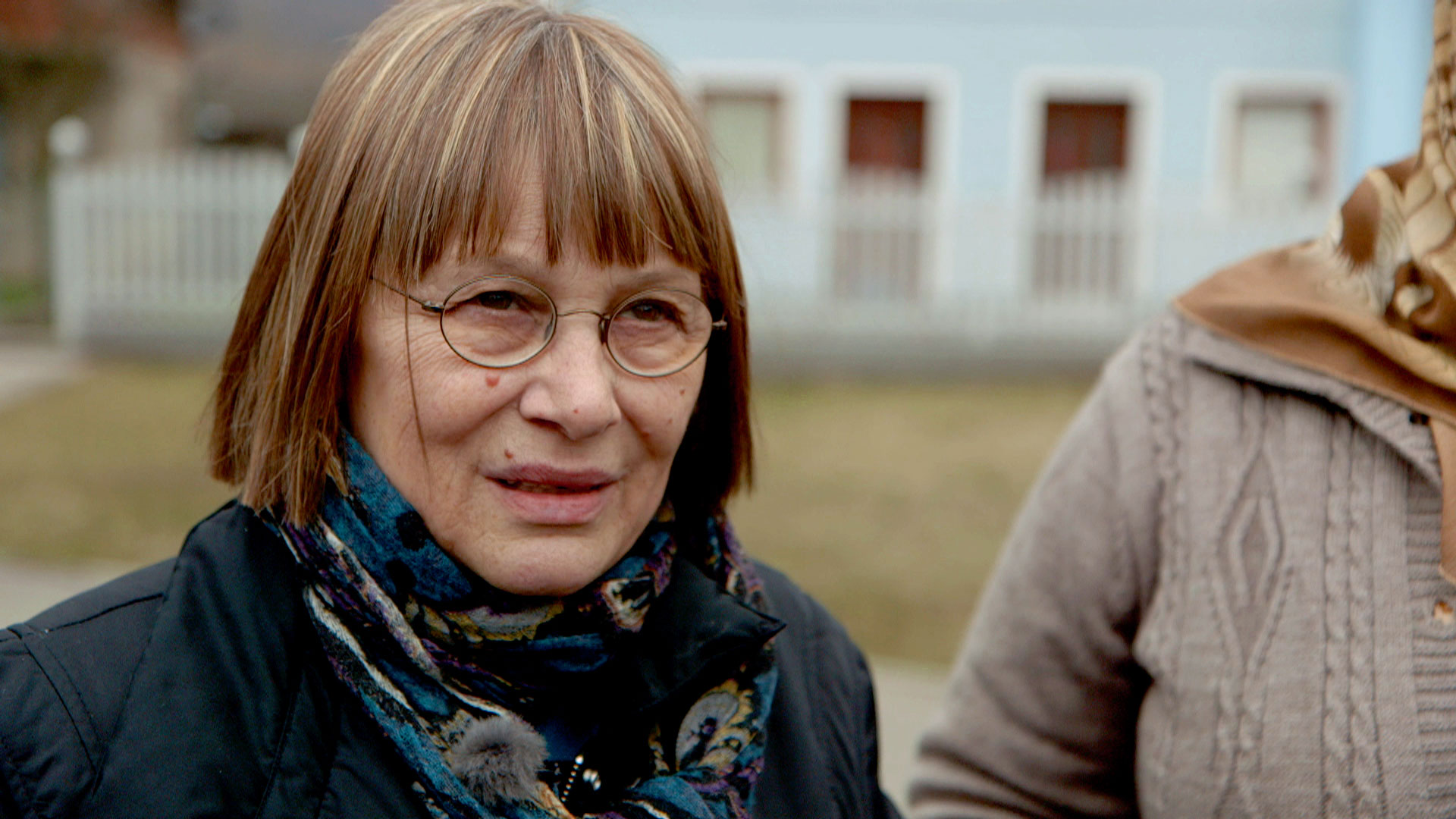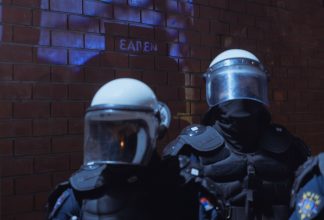Hate Speech Against Nataša Kandić Must Be Investigated

Members of the media and civil society actors, including human rights defender Nataša Kandić, have recently been subjected to a wave of hate speech from Members of Parliament and right wing extremists in Serbia. Civil Rights Defenders requests an immediate investigation into the recent events, and demands the public promotion of Nazism to be immediately prohibited and sanctioned by the authorities.
Over the last few weeks, civil society actors and members of the media have been targeted by both Members of Parliament and right wing extremists. They have been subjected to hate speech as a result of them publishing opinions that criticise or analyse the work of the authorities and ruling party in Serbia. Civil Rights Defenders expresses concern over the Serbian authorities’ reluctance to condemn and sanction Members of Parliament who promote direct hate speech.
The most recent uproar of right wing extremism and hate speech in pro-government tabloids came after it was announced that Nataša Kandić had been nominated for the Nobel Peace Prize by the Commission on Security and Cooperation in Europe (CSCE). Among other things, a far right politician, Vojislav Šešelj, wrote in a statement containing several vulgarities that Nataša Kandić should be nominated to be “impaled on a stick”.
Nataša Kandić is the founder of the Humanitarian Law Center in Serbia. In 2013, she was awarded the annual Civil Rights Defender of the Year Award for her “persistent and fearless work on documenting war crimes and the most serious human rights abuses in the former Yugoslavia, and for supporting war crimes trials by providing courts with evidence and witnesses.”
On 2 February, the pro-Russian far-right organisation “Zavetnici” held an unannounced protest in front of the Human Rights House in Belgrade, which has no association with neither Nataša Kandić nor the Humanitarian Law Centre. A group of 30 people gathered to put up posters with a photo of Nataša Kandić along with the text “Nobel prize for betrayal of the Serbian people” on the windows.
Human Rights House employees have reported that the police failed to respond to their calls, and added that this incident can be seen as a result of the lack of reactions by the public officials when it comes to attacks on people or groups. The prosecutor in charge stated that the posters did not violate Article 9 of the Law on Public Order and Peace, which includes that insults, acts of violence and threats should be followed by punishment. Instead, the prosecutor stated that the posters were “representing a political stance”, and that they were not examples of hate speech.
The day before the unannounced protest, on 1 February, a group of neo-Nazis and fascists walked through the city of Belgrade to commemorate the anniversary of death of the Serbian general Milan Nedić. He is widely considered a Nazi, and at the march the protesters were displaying Nazi symbols and using the Nazi salute.
The lack of prompt reactions and investigation to the events outside the Human Rights House, threats and hate speech from Šešelj, and Nazi rally in the Belgrade city centre endanger the democracy and rule of law in Serbia. Furthermore, it allows for the direct targeting of individuals who criticise the work of the authorities and ruling party in Serbia.
In the aftermath of the events, TV N1’s journalist Nikola Radišić was attacked by two men in the Belgrade city centre, as well as called out as a traitor and an American mercenary. Representatives from the ruling majority in Serbia often call TV N1 the “CIA television” and accuse the media channel of being influenced by the U.S.
“We request the police and prosecutor to promptly investigate the hate speech and threats against Natasa Kandic, attacks on journalists and media organisations, and public display of Nazism. We recall the consequences that impunity in these cases can have on individuals’ freedoms and human rights. Using an atmosphere of lynch as a method of oppression is unacceptable for any democratic and open society, not least in a country that is on a path of accession to the EU,” said Goran Miletic, Director for Europe at Civil Rights Defenders.


